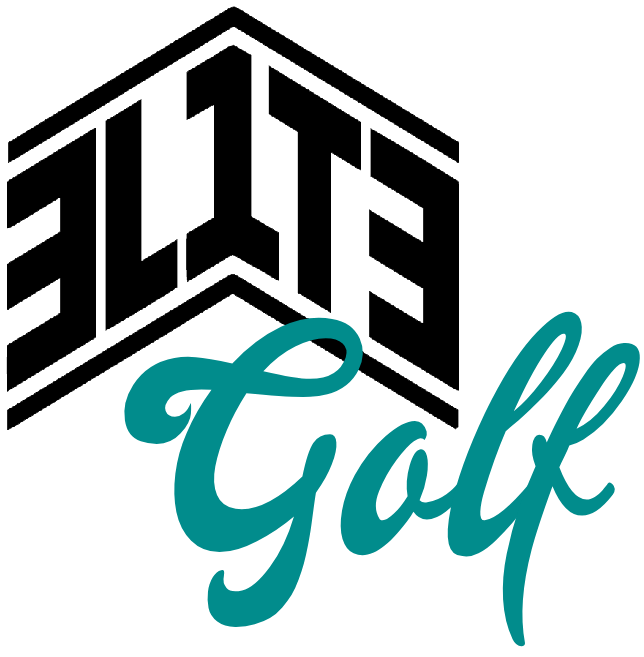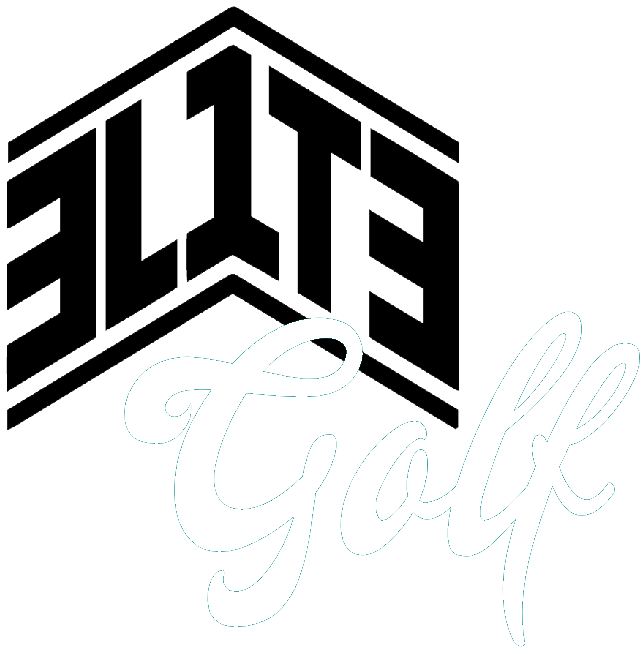Post-acute withdrawal syndrome (PAWS) involves withdrawal symptoms that persist past the detox period. Such symptoms are often related to mood and may include irritability, anxiety, depression, sleep problems, and fatigue. Lasting recovery requires lasting effort, but relapse is not failure or weakness; it takes more than willpower to maintain sobriety.
Depending on the severity of your drinking problem and resulting behavior, some bridges may be forever burned. Some people may want nothing to do with you, no matter how much you change. In fact, here’s a little secret – anyone who is charming drunk can be charming sober. After you’re more secure in your sobriety, you’ll find that you’re actually MORE charming than “drunk you” could ever be. What you do NOT want to do is let your fear about what MIGHT happen with your friends in the future dictate what you do to take care of yourself in the present. With proper counseling and/or a good recovery program, you’ll learn important tools for navigating these relationships.
Instead of being afraid that you won’t recognize yourself, look at it as an opportunity. You get to define yourself from here on out, and harbor house sober living there won’t be any regrettable drunk shenanigans doing that on your behalf. Besides, allowing the fear of failure to completely influence big decisions like this is a cop-out. It’s a dysfunctional version of “playing it safe.” You deserve better than that.
And if they care about you, they will support your choice to get help. Make a commitment to go to rehab and to get sober and impress upon your loved ones that you will need their love and support. The ones that might are your drinking and drug buddies.
Online Therapy Can Help
Once you do return to work, it’s important to create a budget and take steps to safeguard yourself as work stress can be a relapse trigger. Having a chaotic or disorganized lifestyle can also hinder your recovery. It’s important to develop a structured daily and weekly schedule and stick to it. The symptoms involved in PAWS can be a barrier to recovery if you’re not careful.
- Sometimes, a mental health professional may prescribe medications alongside therapy and lifestyle changes.
- Aside from identifying triggers and practicing coping mechanisms, it also means having people to reach out to in times of temptation.
- The more tools you have for identifying triggers, coping with stress, and managing your new sober life, the easier you’ll prevent relapse.
- The best way forward for your recovery from alcohol or substance use is to incorporate a wide variety of strategies that will help foster success.
- Sobriety can be a fixed-term goal like staying sober for a set period (such as Dry January), or a lifelong goal of staying sober from all substances.
Addiction Therapy Programs
Some people manage to get there faster than others, but it’s not a competition. These people know that the days are hard right now, but they endure because they also know that, eventually, they will come out on top. They don’t know when or how, but they trust that it how to taper off prozac 10mg will happen.
Sobriety Fear #8: People won’t like the sober you.
Yet, this is far from the way that drug rehab centers actually operate nowadays. Your addiction rehab team will always endeavor to treat you with respect and without judgment. The most effective addiction treatment requires compassion, warmth and empathy. And this is the approach that your rehab team will take. Drug addiction specialists will always try to instill your recovery process with optimism and hope.
Build a supportive network to reduce feelings of isolation
You’ll find your way, and you’ll be even more you without substances controlling your mind. Some people may find that wearable devices and smartphone apps can support their recovery from alcohol use disorder. Biosensors monitor physical changes, detect alcohol use, and identify relapse risk. Studies suggest digital health options can improve access to care for some of the 15 million people experiencing alcohol use disorder each year. how to help someone with a drinking problem Another common reason people may be afraid to get sober is that they think life might become “boring” once they’ve quit all their vices.

